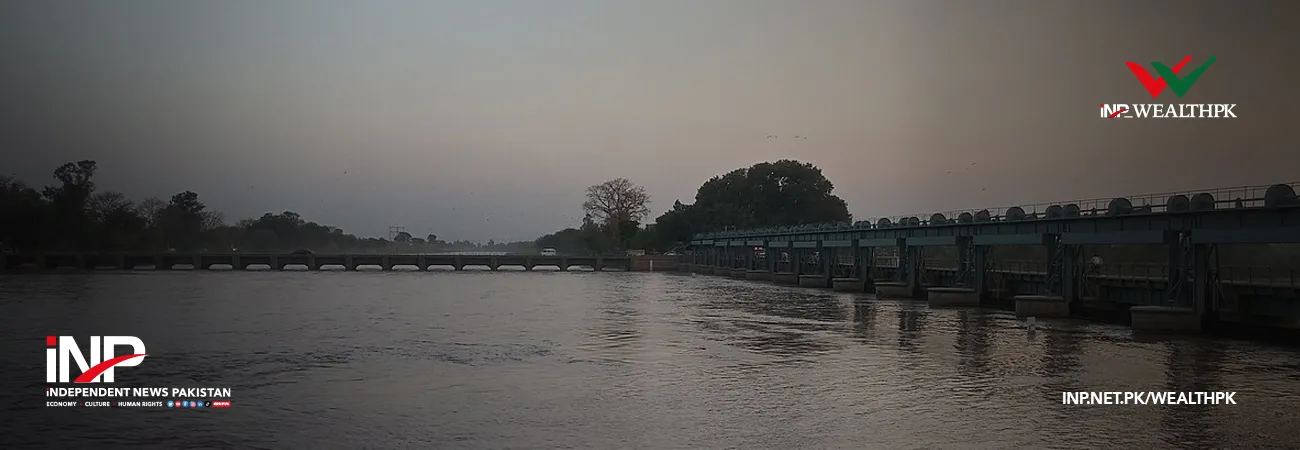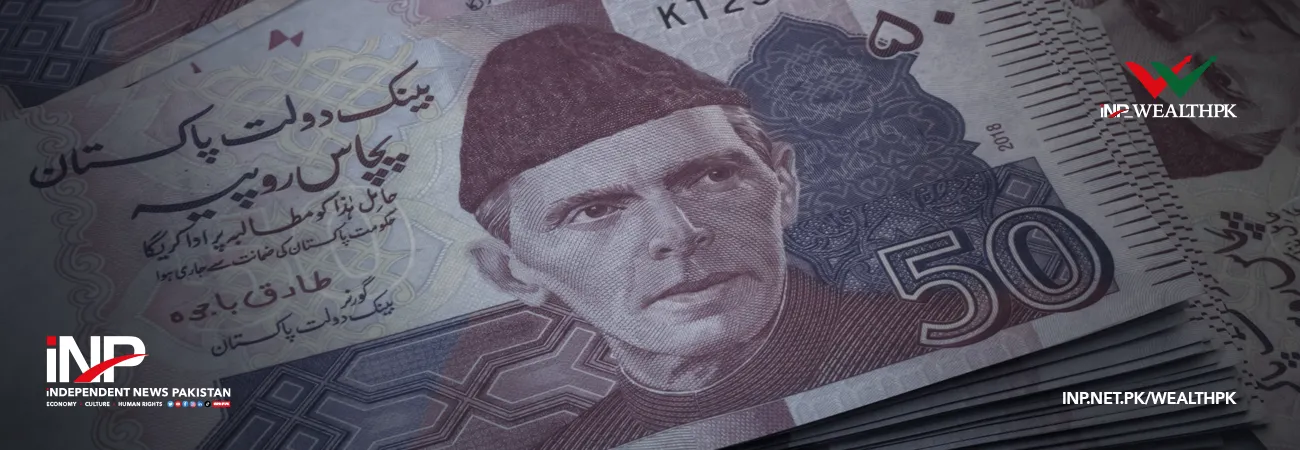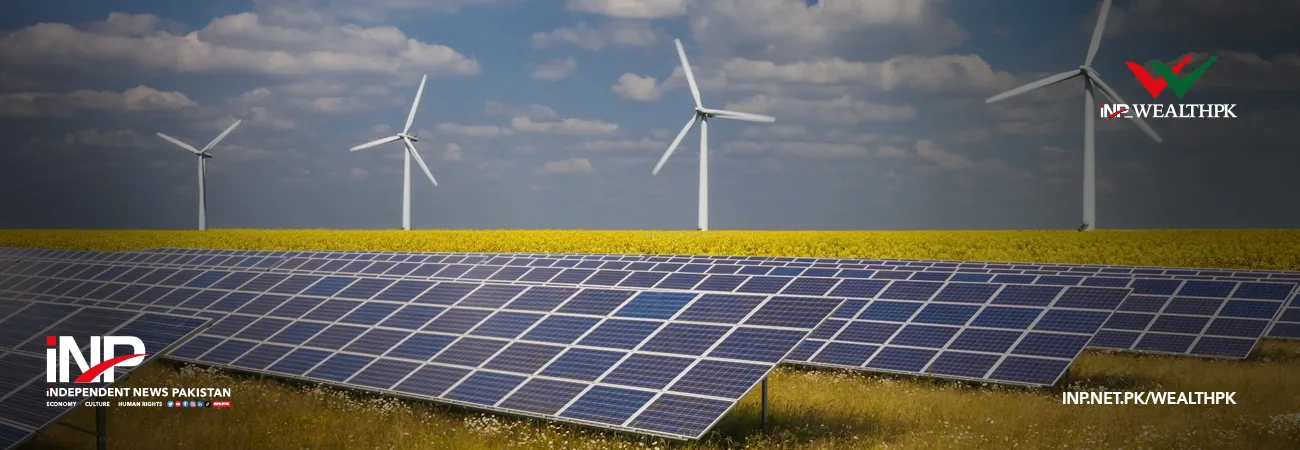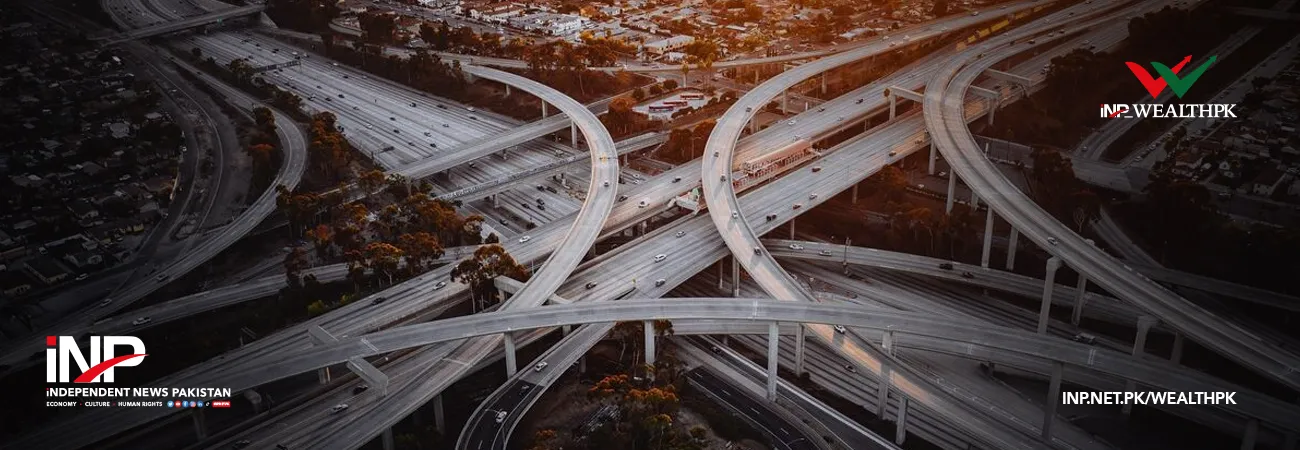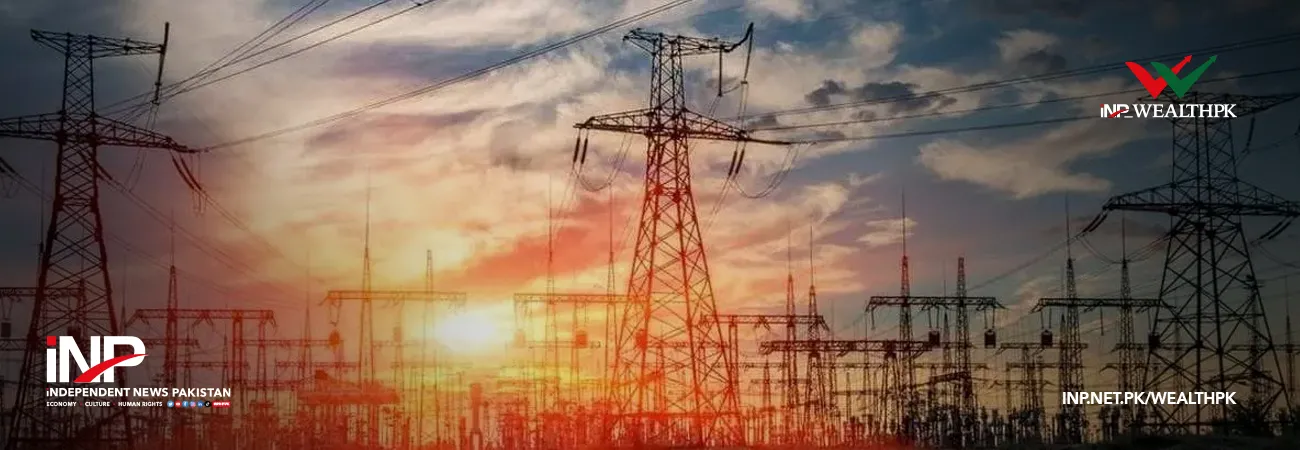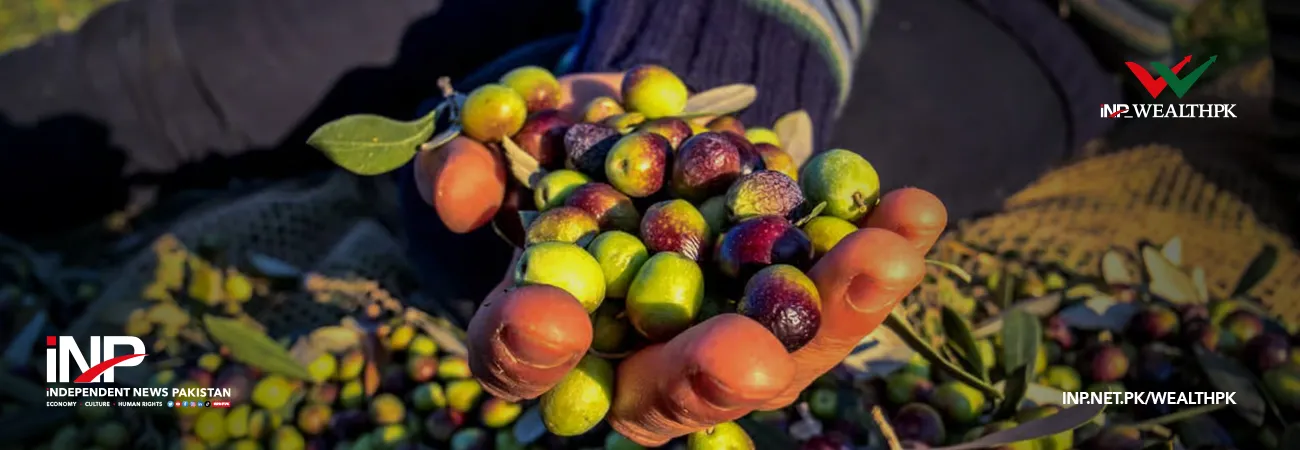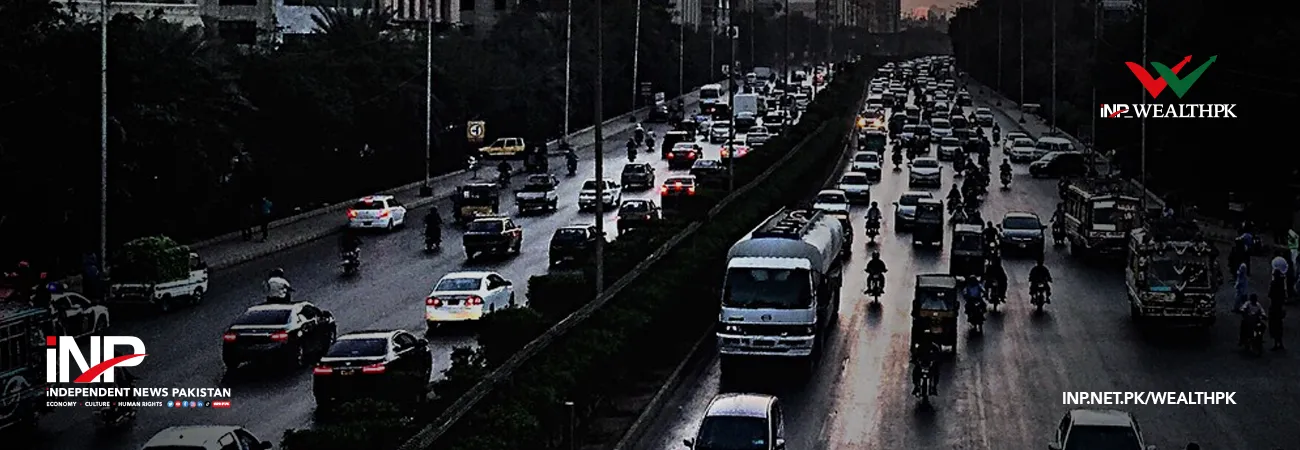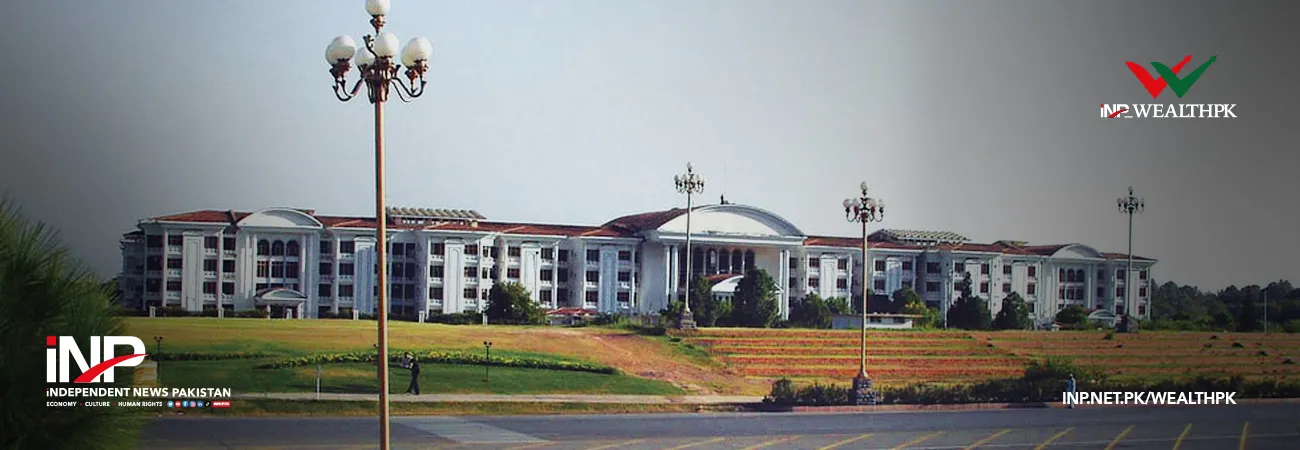INP-WealthPk
Arooj Zulfiqar
In a rapidly evolving global economy, there is a dire need to overhaul Pakistan’s outdated infrastructure and systems to foster efficiency and drive economic growth,” reports WealthPK.

“Modernizing our infrastructure and technology is not just an option; it’s a necessity. Outdated systems hinder productivity and limit our ability to compete globally. Investing in modern solutions can lead to significant improvements in efficiency and economic outcomes,” said Muhammad Wazir, ex-director of the Ministry of Science and Technology (MoST). “With inefficient practices affecting multiple sectors from agriculture to energy and industry, Pakistan risks falling behind in its bid to meet the growing demands and compete in the international markets,” he said. Modernization is not just beneficial but imperative to ensure sustainable economic development, reduce the operational costs, and create opportunities for local and foreign investment.
Pakistan’s infrastructure, largely developed in the 20th century, is struggling to keep pace with the demands of a 21st-century economy. Old transportation networks, energy grids, and data management systems are stifling productivity and increasing operational costs,” he said. “The agriculture sector, for example, suffers from inadequate storage facilities and inefficient irrigation methods, resulting in significant post-harvest losses. Similarly, outdated manufacturing systems reduce productivity in industry, while the power sector inefficiencies lead to frequent outages that disrupt businesses and households alike.
The improvement and expansion of infrastructure is a pre-requisite for sustaining and accelerating economic growth and social development in a country. Improving quality and service coverage in power, water supply sewerage treatment, transport and logistics is crucial for Pakistan’s economy and to improve the quality of life. To improve and expand infrastructure, Pakistan’s needs are massive and its resources are limited. Not only is there limited fiscal space, there are also huge gaps in the public sector capacity to build and operate infrastructure. To bridge the gap with the global economies, we need to adopt advanced technologies across sectors. From AI-driven crop monitoring to digital payment systems in finance, the potential is vast.
These transformations would help Pakistan reduce waste, increase productivity, and make services more accessible to the population. The MoST ex-director added that investing in renewable energy could spawn new industries and create green jobs, while advancements in agriculture could secure food supplies and reduce imports. Additionally, digitalization of government services and administrative functions should be a priority. Streamlined, transparent processes can reduce bureaucratic red tape, improve public service delivery, and boost investor confidence.
Credit: INP-WealthPk




